Joanne Yi grew up in Orange County, California, and currently resides in Los Angeles. She graduated from the University of California San Diego and holds an MFA in creative writing from Antioch University. When she’s not writing, she enjoys baking, horror films, Korean dramas, and spicy food. You can visit Joanne online at JoanneYi.com and on Instagram @WritingJoJo.
On Personal History
I’ve been a longtime admirer of books for teenage readers. My shelves are heavy with them, amassed over the years since my own adolescence. They have accompanied me everywhere, carefully slotted into boxes, from university dorms to my first adult apartment to the present. Many of their spines are warped, exhausted, from being opened again and again.
My eclectic library is a story in itself. It has borne witness to various losses and triumphs, evolving as I have evolved. Its proximity has been an anchor, a steady comfort amid crushing grief. Within these authors’ words, I still find scraps of my history, through scenes that both split and mended my heart and characters that felt like home. They have paved a path for my debut novel, All the Tomorrows After, to come into being.
A while ago, my mother suggested handing some older, well-loved books down to a younger cousin, under the notion that I had outgrown them. The idea was abandoned at my obvious dismay, and thankfully, never brought up again. Even now, I don’t believe a distinct boundary separates adolescence and adulthood. Nobody wakes one morning fully realized. I imagine we are in continual emergence, accumulations of every moment we have lived.
On Advocating for YA
My husband and I met while I was a graduate student in creative writing. I shared my literary inspirations at the time—authors including Jandy Nelson, Nicola Yoon, and the late Ned Vizzini—whose work had expanded my perception of what YA could be. When I recommended a few titles, hoping to impart my enthusiasm for them, my husband initially responded with reluctance. He had never read young-adult books, he explained, due to the assumption that coming-of-age stories revolved around first kisses and teenage rebellion.
Though readers should enjoy books of their choosing, of course, it does appear that YA literature in the contemporary era is often misunderstood. I’ve observed people’s initial curiosity morphing into disappointment when they hear All the Tomorrows After is a young-adult story. I’ve heard YA described as immature, unrealistic, or lacking weight and nuance. These thoughts are usually from adults who aren’t the intended audience, who may not be inclined to delve more deeply into the world of YA.
I love to share how vast and complex the young-adult book world is—not limited to a singular genre, and not at all one-dimensional. Therein lies unceasing possibility, spanning a wide scope of necessary topics, narratives, and universally recognized experiences. Here is the overwhelming loss of a beloved parent, sibling, or friend. Here is the cavernous ache of friendship betrayal. The tenderness of first love, the wound of first heartbreak. The candid accounts of mental and physical illness that educate, inspire, and challenge. The burden of generational trauma, addressed at last.
In this sense, YA novels create space for young readers to see themselves on the page and to feel the security of being known. Kids are able to immerse themselves in the characters’ journeys and consider how they might handle the same obstacles. These stories also present hope in a unique way that adult novels may not, with their young protagonists emerging wiser and better able to face the waiting future.
Such books have helped me grasp the quiet devastation of existence alongside the power of hope. I have learned how the trials from times bygone permeate and inform our here and now. I continue to understand, over and over, that there are no limits to growth, to connection, to self-acceptance.
This is true of countless stories in adult fiction as well, with their poignant explorations of similar themes. There is solace in community, a beauty in knowing we are not alone. At every life stage, we must navigate a number of challenges. Sometimes these challenges arrive much earlier than anticipated, and it is important, I believe, to communicate about them at a younger age, too. To help young readers and writers see it is okay to do so.
On Writing YA
A particular aspect of the YA realm I find significant is how it can guide us toward recalling and reconnecting with our younger selves, all of our past selves that we still carry forward. The practice of writing may commonly be viewed as a form of escape. But perhaps it can also be a means of unmasking and facing our myriad facets, in a space that is at once uncomfortable and safe.
In All the Tomorrows After, my protagonist, Winter, is a jaded and shuttered teen who has long been in the habit of guarding her heart. I have heard from readers that Winter’s characterization is at odds with who I seem to be. The truth is, she is intended to represent a part of me I was loathe to acknowledge until recently.
Once, I was twenty-two, a fresh college graduate stumbling through a jarring family crisis. I was helpless against the onset of anticipatory grief, and later, the wholly disparate beast of bereavement. The shroud of isolation, alongside the ever-present anger and the guilt for virtually everything, evaded expression for years.
Forging Winter’s character and backstory has made meeting the past a bit less daunting. Incorporating components of my family’s reality into hers has unveiled a level of clarity, a better understanding of our experiences. The passage of time, away from the urgency of then, allows some room for grace and self-forgiveness.
In a broader sense, writing teenage characters helps me revisit my state of mind at a similar age and see how it has shifted in the years after. I remember the mortifying and shameful moments and what I learned, or didn’t learn, from them. I reflect on why I made certain decisions and how I might have sought other choices given the chance. While the path might frequently have been daunting and full of blunders, I realize what a privilege it is to be able to look back on each step. I am aware now that I did strive to move forward to the best of my efforts. My hope is to share this understanding with young readers through my words. I hope to express that though the journey may seldom seem ideal, it will bring better days.
Through creating Winter’s story, I have been struck by how precious those years were, likely because I can now perceive their transience. I have tried to give form to nostalgia, those moments residing within us. The exhilaration of discovering a passion, the budding of an unexpected bond, the possibility lying in wait. The unique sensation of everything being new, made all the more thrilling because of that newness.
There remain many elements I would like to explore in the YA space; they continue to emerge as I continue to grow. I hope to keep connecting with more authors between the pages and immersing myself in their aching, healing narratives. And as I both step into each day and return to what once was, I hope to continue seeking the words, to listen to them as they greet me.
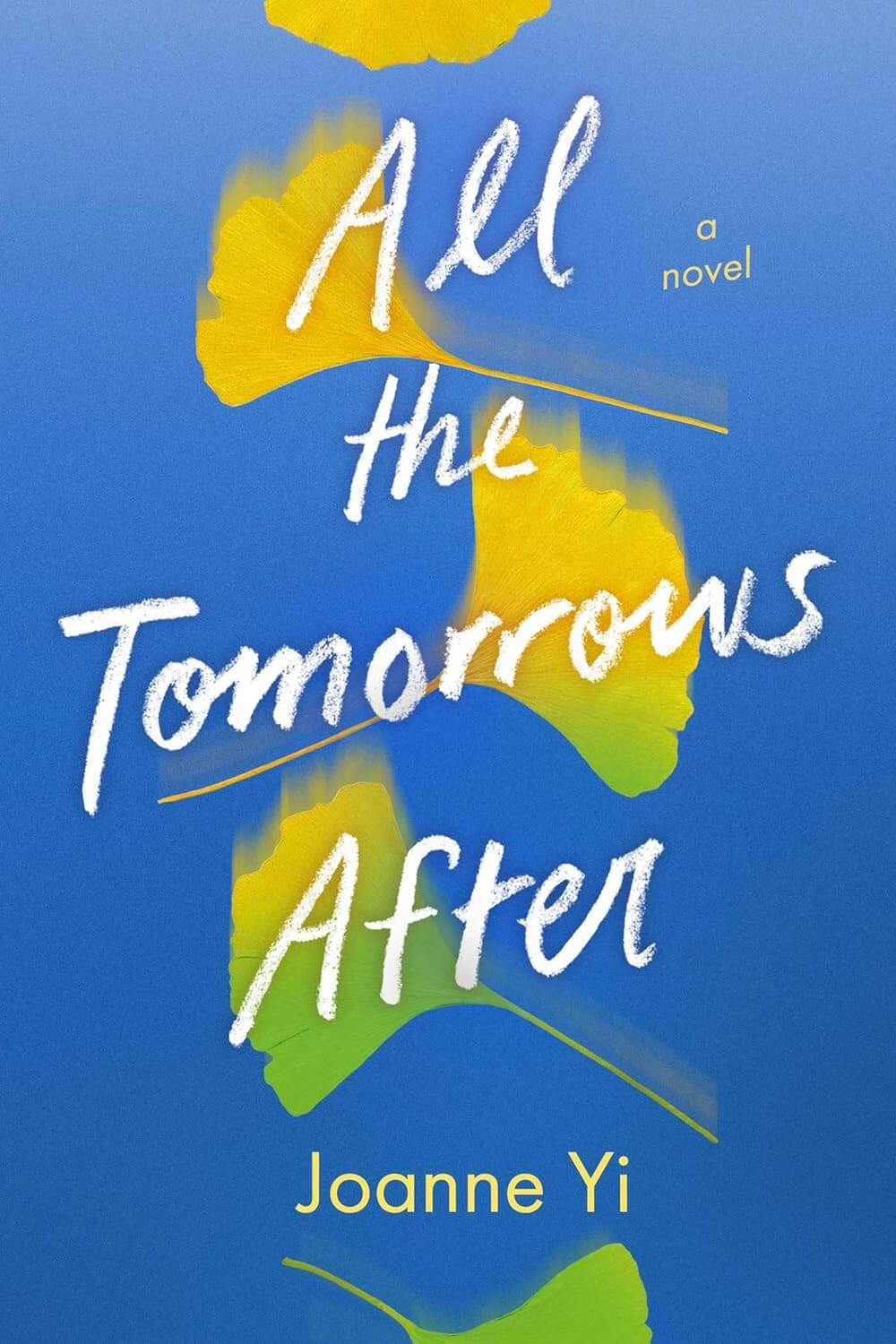
All the Tomorrows After by Joanne Yi
Winter Moon has one goal: save enough money for her and her grandmother to escape. But when her mother steals her money, Winter is forced to seek out her estranged father who just reappeared after ten years of no contact. They forge a deal: Winter spends time with him in exchange for payment. But revisiting the past is never easy, especially when she’s confronted with an unexpected loss and her father’s secret. As she works through grief, love, and forgiveness, everything Winter thought she knew begins to shift and realign in ways she couldn’t have imagined.
Buy the book now: Bookshop.org | Amazon | Barnes & Noble


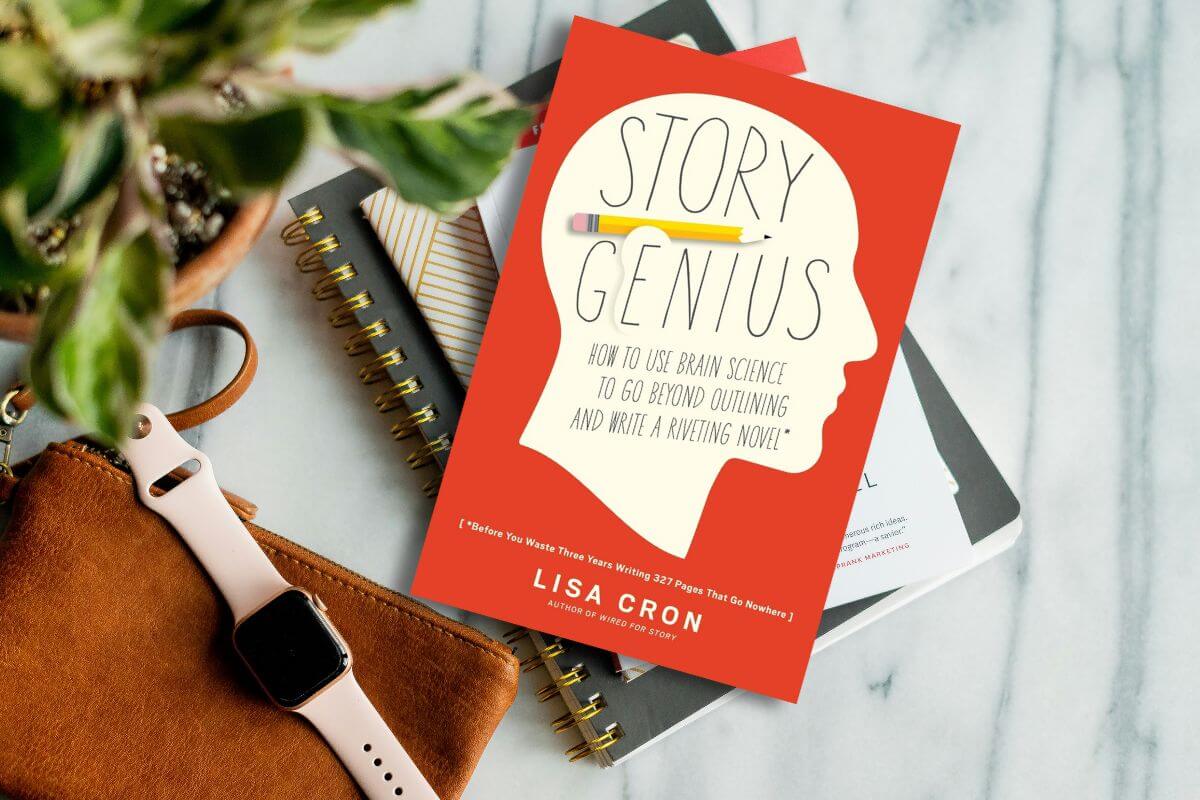
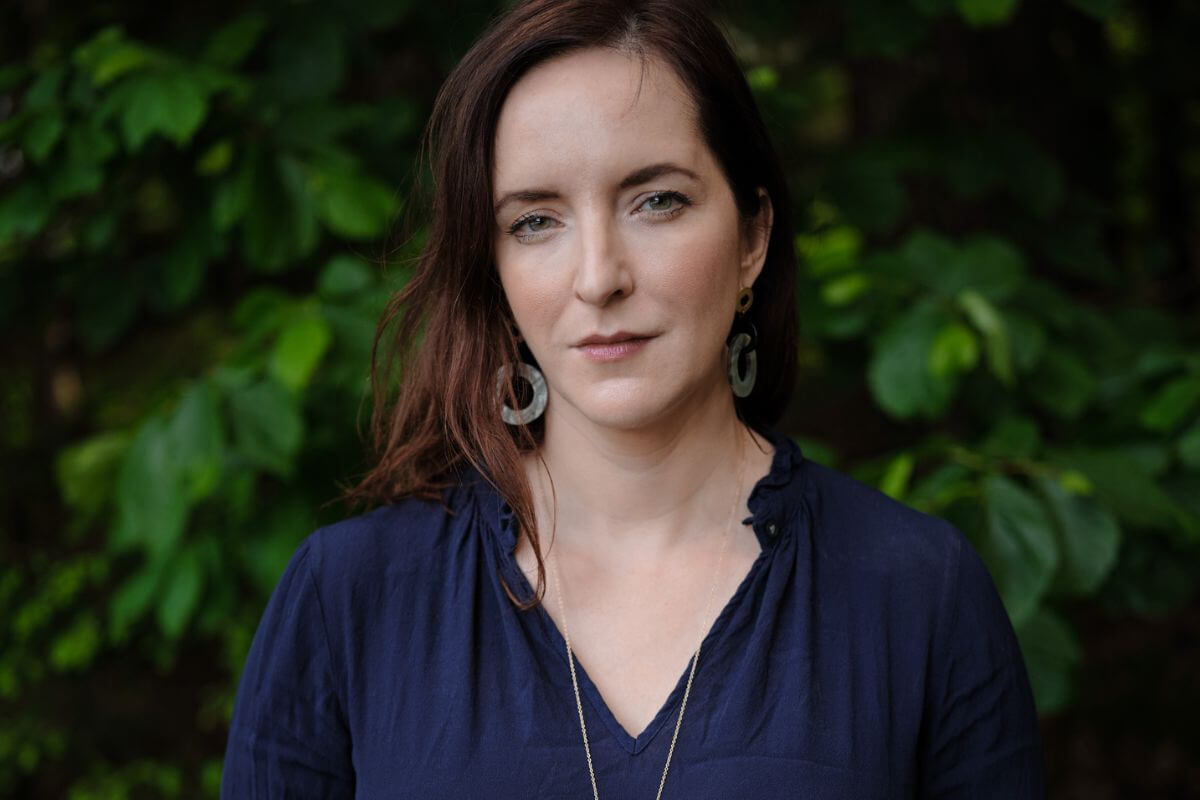
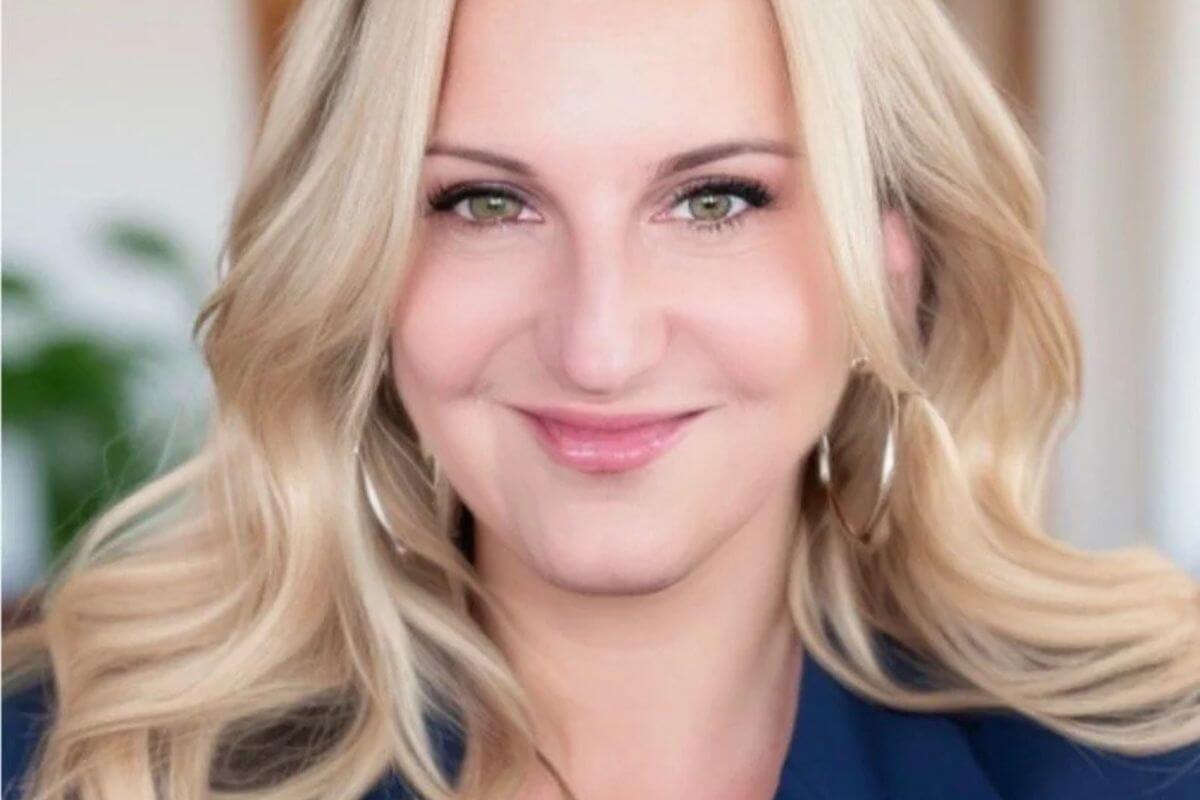



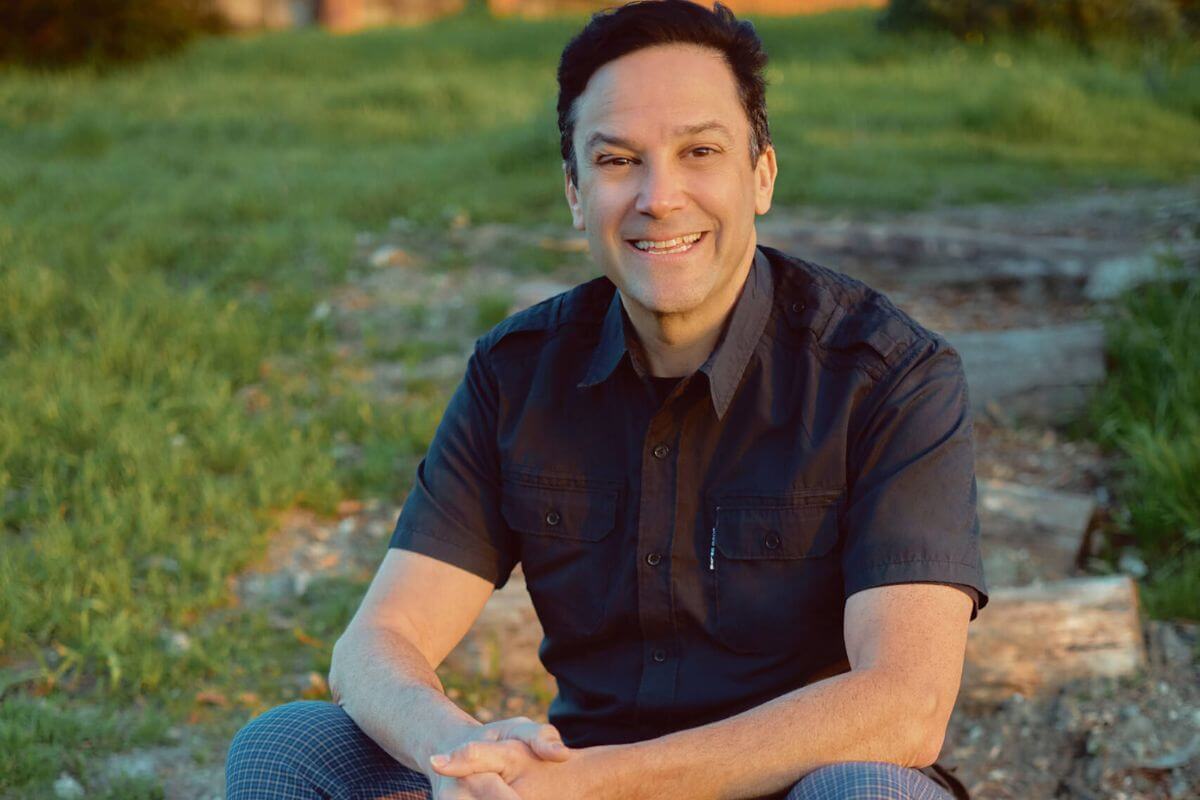


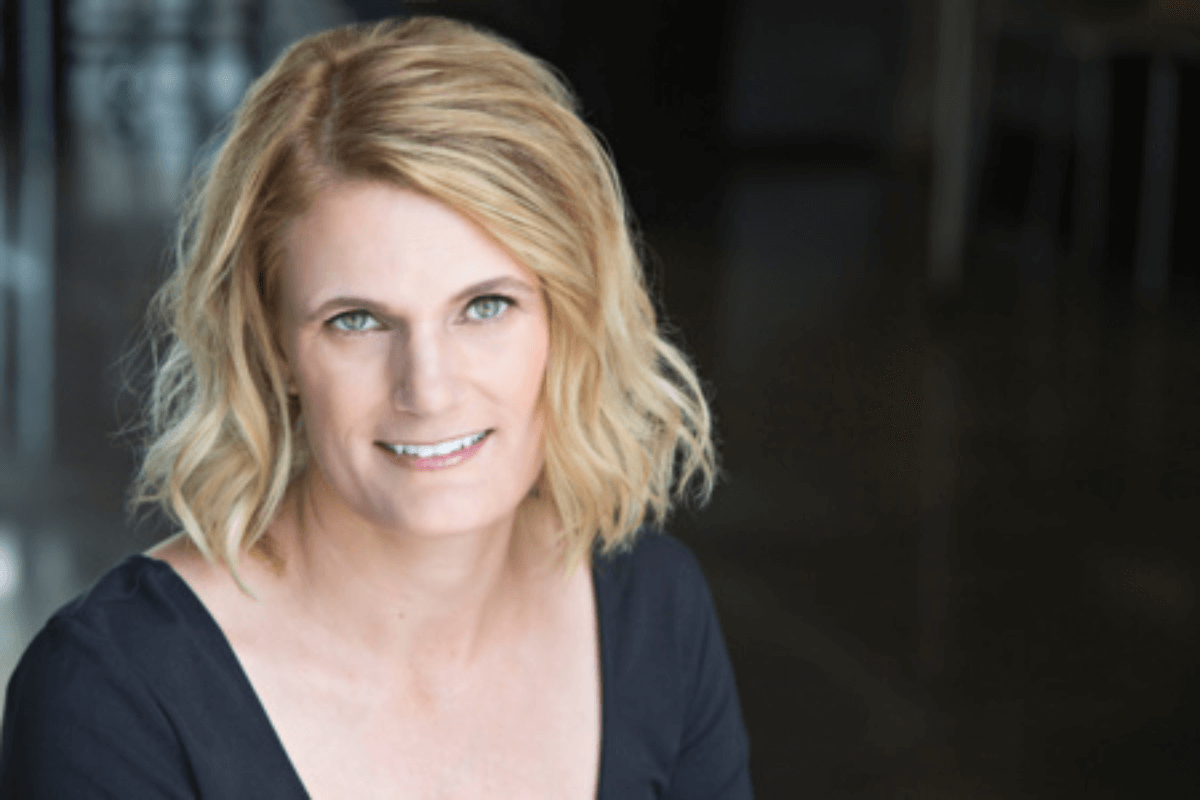

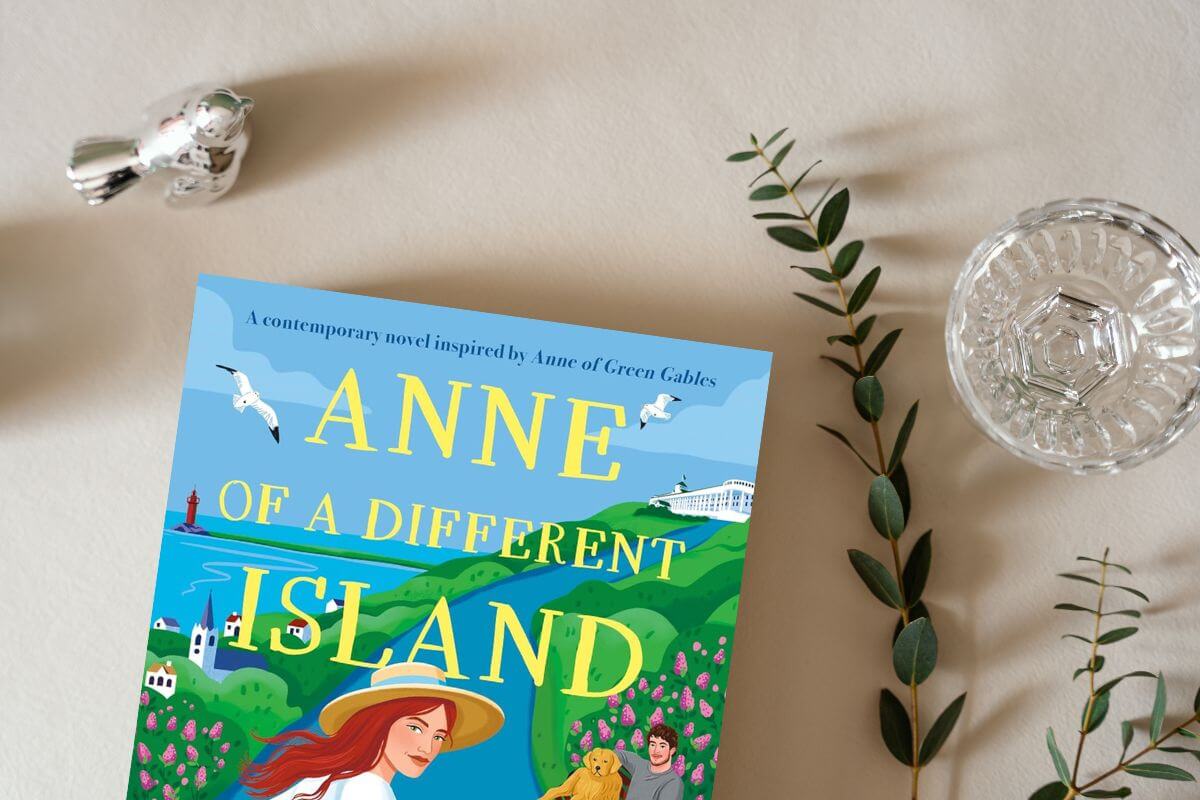
Leave A Comment